Posts categorized Results Data
Page 3

The Future (of Development) is Feminist
This weekend marks the G7 Summit in Canada – as well as the first anniversary of Global Affairs Canada’s Feminist International Assistance Policy. Over the past year, in Canada and elsewhere, we’ve seen the rights of women and girls grow in prominence across public and development discourse. With heightened focus on sexual and reproductive health,
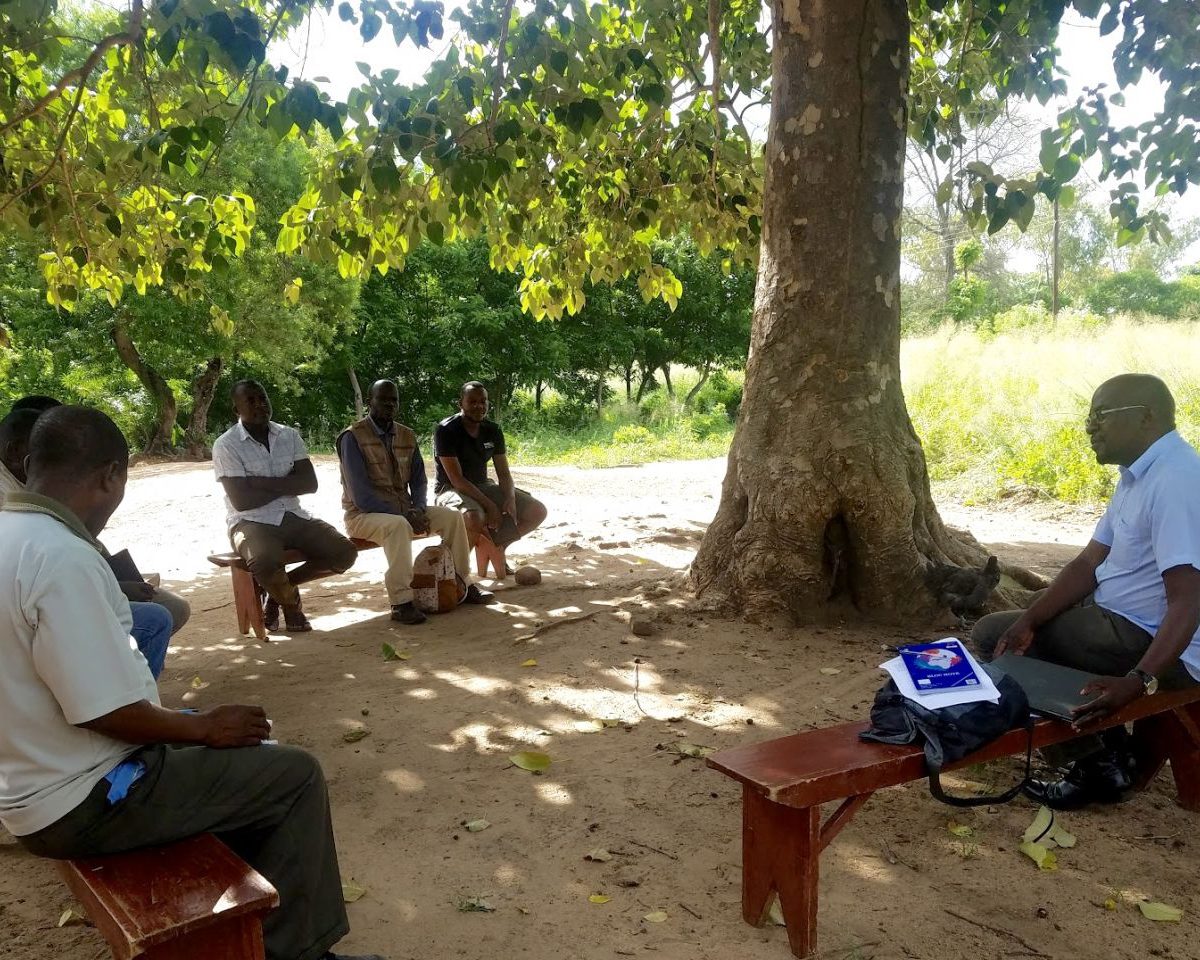
Employing PDIA to Improve Agriculture Admin Data Systems in Malawi
Agriculture data being reported, collected, and visualized is growing exponentially. But are the data we’re spending so much to collect truly relevant for decision makers? We’re proud to announce that, through our Results Data Initiative (RDI), we’re working with Malawi’s Ministry of Agriculture, Irrigation and Water Development (MOAIWD) to design a National Agriculture Management Information System (NAMIS).
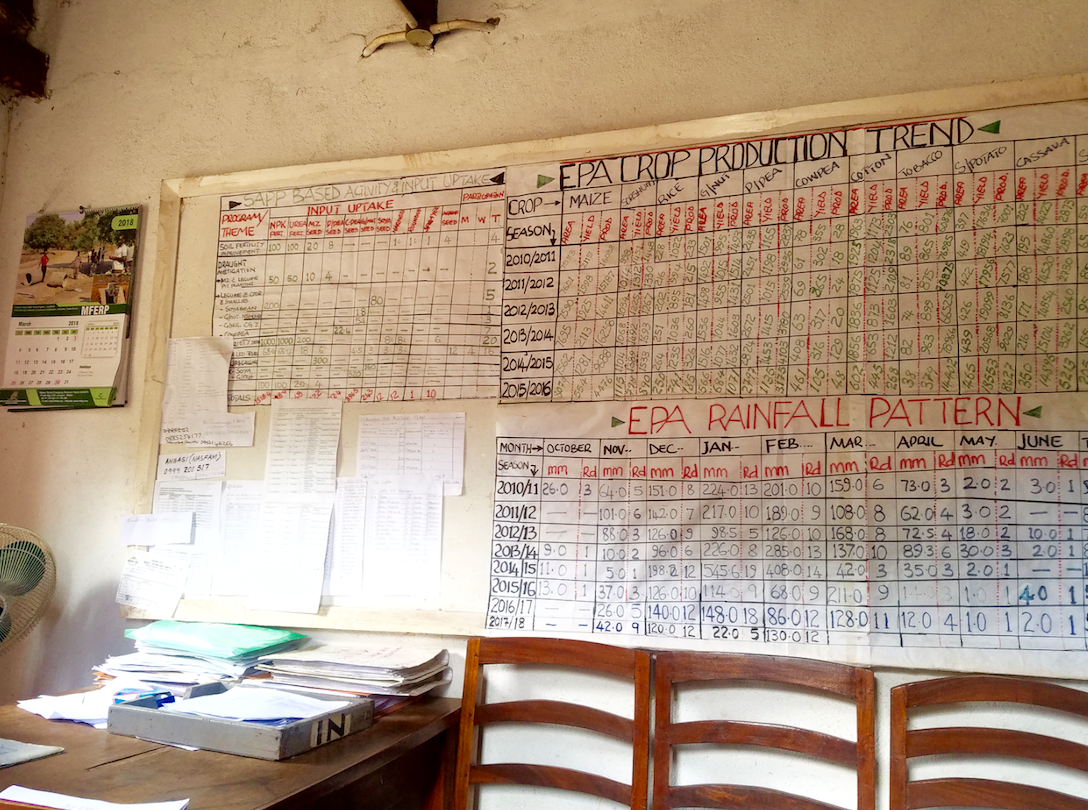
On the Money: Getting Funding for Data Right
Last week, we shared our schedule for this week’s Data for Development Festival, hosted by the Global Partnership for Sustainable Development Data (GPSDD) in Bristol, UK. The event brings together a vibrant community of governments, foundations, private sector and nonprofit organizations, galvanized by the belief that data, used well, can drive better development outcomes and
.jpg)
Define, Co-Design, and Repeat: Putting Usability Testing to the Test in Tanzania
Last month, the Results Data Initiative (RDI) convened its second cross-ministry co-design workshop — surfacing new opportunities for the Government of Tanzania to put health data to use at the local level. This two-day workshop re-convened stakeholders from across ministries and local governments, building on the priorities they identified in the first workshop back in
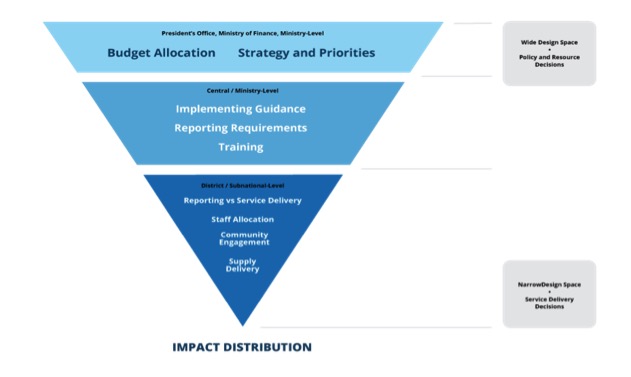
Decision Space and Development Cooperation
This post builds upon a DG contribution to the 2017 OECD Development Cooperation Report, launched on October 17, 2017. All too often, discussions about managing for results in development fail to specify who is managing, what decisions they are authorized to make, or what results data are being used. Identifying the who and whats is
.jpg)
The Good, the Bad, and the Ugly of Using IATI Results Data
It didn’t surprise me when I learned that — when Ministry of Finance officials conduct trainings on the Aid Management Platform for Village Chiefs, CSOs and citizens throughout the districts of Malawi — officials are almost immediately asked: “What were the results of these projects? What were the outcomes?” It didn’t just matter what development

Better Data, Better Results: UNICEF Strategies for Success
The 2030 Sustainable Development Agenda offers the promise of new technologies, big data sources, and increased government statistical capacity for data-driven policy and progress. However, we cannot assume that more data will result in a better world. Moreover, a data revolution comes with risks: Will SDG reporting consume already-limited government statistical capacity? Will “focus on
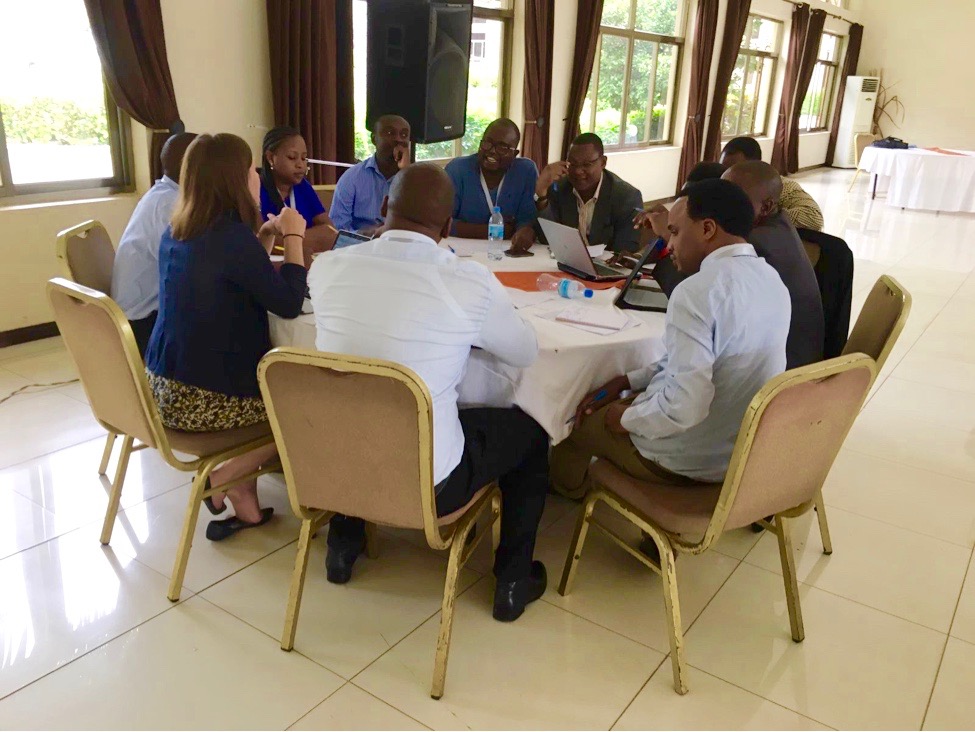
Aligning Technical Solutions with Institutional Constraints: Lessons from Tanzania
In the Results Data Initiative (RDI)’s first cross-ministry co-design workshop, we explored opportunities for greater data-driven decision-making in Tanzania’s health sector. Ultimately, colleagues from the Government of Tanzania — representing the President’s Office of Regional Administration and Local Government, Ministry of Health, Ministry of Finance and Planning, and the National Bureau of Statistics — identified
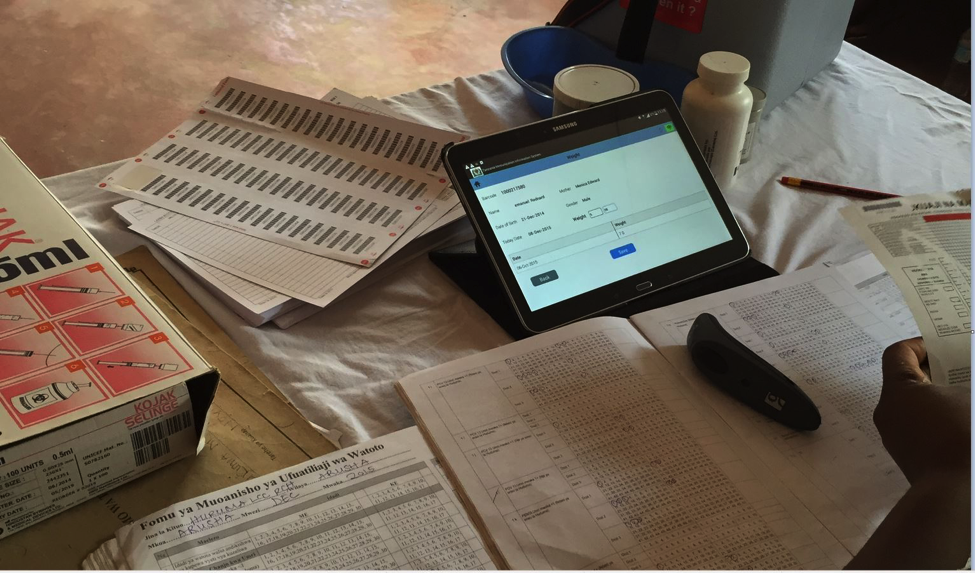
“America First” and Next Steps for Aid
This is a guest post from the co-founders of Cooper/Smith, a DC-based startup that uses data to increase the effectiveness and efficiency of development programs. At the end of a long, dusty dirt road bordered by fields of maize sit several huts owned by Luzi Orphan Care. This community organization in rural Malawi receives around
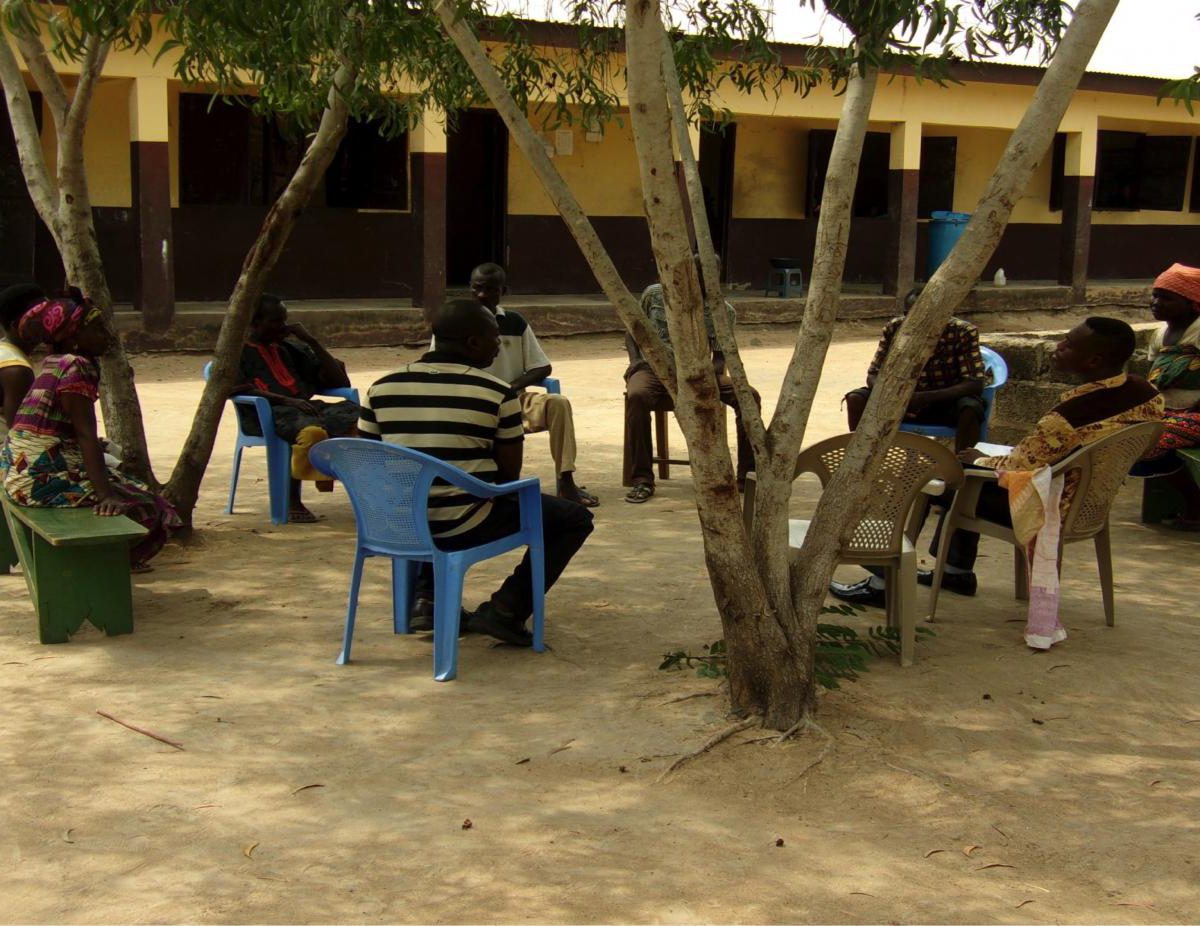
Define and Co-Design: Promoting Health Data Use in Tanzania
Earlier this month, the Results Data Initiative (RDI) program reached an important milestone by convening our first cross-ministry co-design workshop with 24 officials across the Government of Tanzania. Our goal? Put data to use for decision-making in health. At this meeting, we put our problem-driven, iterative, and adaptive (PDIA) approach into motion — facilitating discussions around